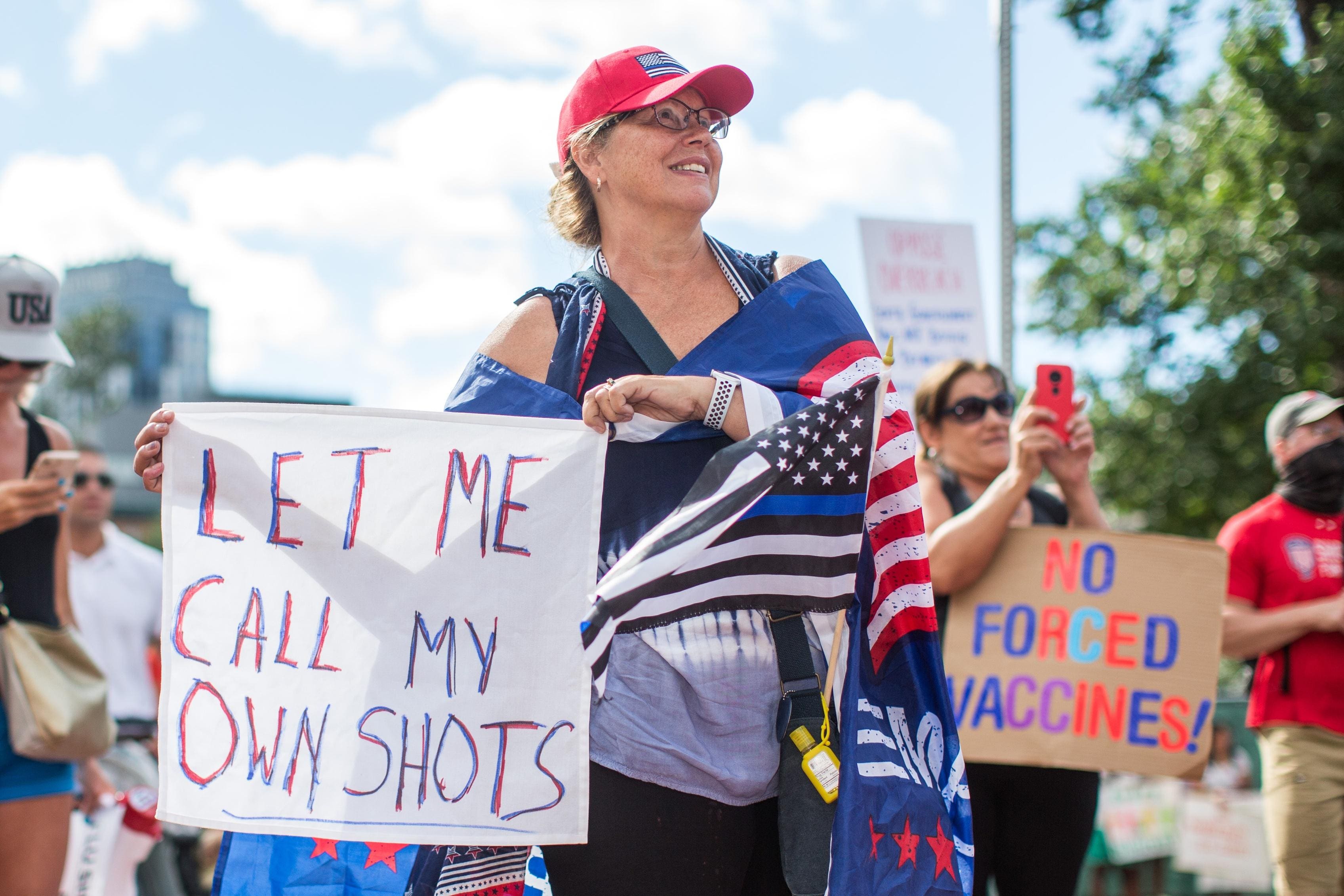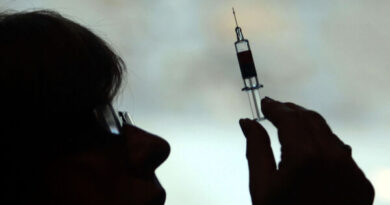Vaccine Hesitancy Is On The Rise. Here Are Some Reasons Why

Far fewer Americans view childhood vaccines as important now compared to previous years, according to a recent Gallup poll.
According to the poll, 69% of respondents view childhood vaccines as “extremely” or “very” important, down from 94% in 2001. In other words, in the last two decades, there has been a dramatic shift in the perception of vaccines in the United States, with more Americans reluctant to get the vaccines themselves or for their children.
Vaccine hesitancy has even found its way into the Louisiana Department of Health, where public health workers are no longer allowed to promote certain vaccines, such as the COVID-19, flu and mpox shots, to the public.
Why is this occurring and why is it important? The answer is not straightforward but is likely a combination of factors related to the intertwined relationship between healthcare and politics.
Vaccine hesitancy has always existed to some extent in society, but vaccines have traditionally been lauded as a major breakthrough in science that have prevented millions of diseases. Take measles, for example, which was declared eradicated in the U.S. in 2000. Because of international travel and a growing number of parents opting out of vaccinating their children against measles, there are now nearly 300 cases of the disease in America this year alone, mostly in those unvaccinated. This number should be zero or close to it if herd immunity existed, which refers to the protection conferred onto a community against a contagious disease when a certain percentage of the population becomes immune. For measles, herd immunity occurs when 95% of the population is vaccinated.
Vaccine hesitancy reached unprecedented levels recently during the COVID-19 pandemic, when vaccines became a highly polarized topic. Conservative leaders framed vaccine mandates as an overreach of government power, threatening personal freedoms and bodily autonomy, while more liberal and progressive leaders perceived vaccines as a collective opportunity to promote public health. This led many Americans to question the safety and efficacy of the vaccines and ultimately resulted in a stark divide between Republicans and Democrats on this issue.
It is of no surprise that Republicans and Republican-leaning Independents were much less likely to get the COVID-19 vaccine or view it positively compared to Democrats and Democrat-leaning Independents. In fact, according to the aforementioned Gallup poll, 26% of Republican and Republican-leaning Independents believe it is extremely important to get their children vaccinated, compared to 63% of Democrats or Democrat-leaning Independents. The two groups now differ by 37 percentage points, but only differed by 4 percentage points in 2001.
Politicization has also been compounded by broad misinformation about vaccines. As an example, the false claim that the measles, mumps and rubella vaccine was associated with the development of autism was spread and often amplified through social media. Although there is no scientific evidence to support a real association between autism and vaccine uptake, this claim gained traction among some Americans, leading to a decline in vaccine trust.
Misinformation campaigns, coupled with inconsistent messaging from political leaders, have led many to question the motives behind vaccine promotion. For this reason, some Americans believed that vaccines were being recommended for political rather than scientific reasons, particularly because of the speed at which the COVID-19 vaccines were developed.
The rise in vaccine hesitancy presents a real problem for science and public health at large. When scientific tools like vaccines become entangled in political and ideological battles, it undermines public confidence and hampers broad-scale efforts to control diseases. This is precisely the case with measles, with cases reported in 30 states and Washington, D.C. already this year. Remember, this disease was eradicated, and if children were up-to-date on vaccinations, there likely would be zero outbreaks across America.
Addressing these challenges will require a concerted effort among government officials, public health leaders, healthcare personnel, teachers and parents. Transparent and clear messaging, bolstering educational programs, enhanced research initiatives and improved digital and media literacy can all help in restoring trust in vaccine campaigns.
Our health and the future of our children depend upon it.

